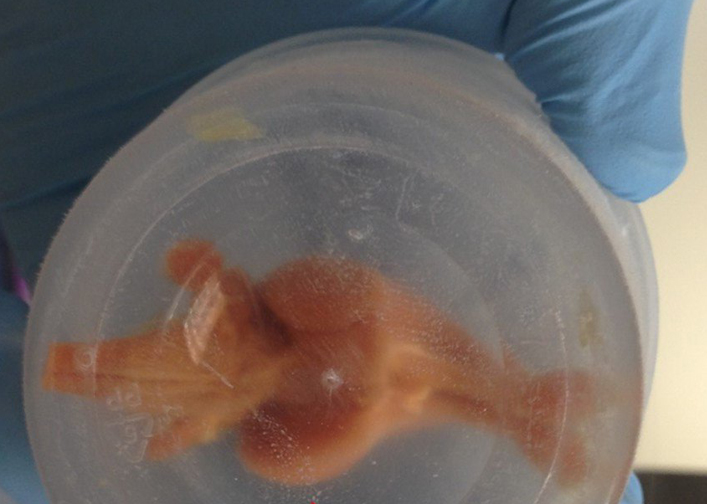There is new hope for those of you who want to be cryogenically frozen and thawed at a later date: a team of scientists out of California has successfully preserved the brain of a rabbit through a freezing process known as cryonics.

The team’s effort earned them the Small Mammal Brain Preservation Prize from the Brain Preservation Foundation (BPF), worth US$26,735.
Researchers at 21st Century Medicine incorporated a new method that successfully preserved the brain of a rabbit.
READ MORE: Scientists research blood test to detect Alzheimer’s, dementia

Get breaking National news
For years, there has been hope that terminally ill patients could use cryonics — a process that would freeze and preserve the body, including memories and personality — with the hope that technological advancements over the years could treat the patient.
One of the problems in cryogenics research was the freezing process, specifically that the freezing process would distort cells and damage them beyond repair.
But the researchers injected a compound called glutaraldhyde into the rabbit’s brain in order to prevent it from decaying. As it cooled, they added a cryoprotectant (which prevents it from creating ice crystals). Then the brain was cooled to a chilly -130 C. When a slice of the brain was recovered, the cells were amazingly well-preserved.
“Every neuron and synapse looks beautifully preserved across the entire brain,” said Dr. Kenneth Hayworth, president of BPF, in a statement released by the company.
“Simply amazing given that I held in my hand this very same brain when it was vitrified glassy solid … This is not your father’s cryonics.”
The BPF now says the focus will shift from small mammals to large mammals, which requires a “pig brain to be preserved with similar fidelity in a manner that could be directly adapted to terminal patients in a hospital setting.”








Comments